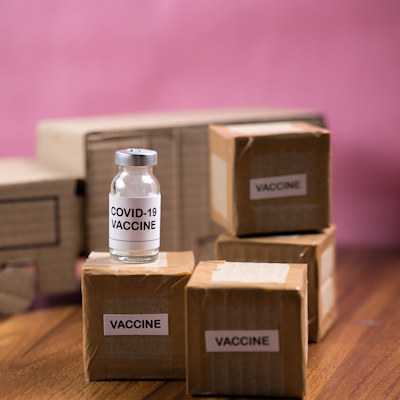May 9, 2023 -- Researchers have identified surface markers on cells that continue producing antibodies for a long time, pointing to a way to improve the duration of response to vaccines.
The length of protection provided by vaccines varies wildly. Measles vaccines can protect people from that virus for decades, while, as the COVID-19 pandemic has shown, other prophylactics need boosting every six months to protect individuals who are particularly vulnerable to a pathogen. Global vaccination campaigns would be a lot simpler and more effective if more shots provided long-lasting protection.
Attempts to increase the duration of response to vaccines have been held back by uncertainty about why some prophylactics provide longer-lasting protection than others. Research published in Immunity has now identified a potential driver of the duration of vaccine response.
The study, which was led by Monash University's David Tarlinton and Marcus Robinson, used an animal model to study the lifespan of cells that secrete antibodies, the proteins that bind to pathogens and play a key role in the vaccine response. The researchers identified surface markers that correlate to longevity and used timestamping to track them across their lifespan.
"We found those cells with particular markers on them were more likely to be long lasting. They also expressed really distinct patterns of genes, so we think longevity is programmed into the cell," Robinson said in a statement. "It is these cells we need to target when developing vaccines we want to provide long-lasting protection."
Robinson, Tarlinton, and their collaborators found clues as to how to target the cells. The long-lasting cells generally reside in special sites in tissues such as the bone marrow. Developing vaccines that focus on maintaining those reservoirs could improve the duration of response. The research also suggests there is a limit on how many of the long-lasting cells the body can hold at a time.
Robinson and Tarlinton previously co-authored a paper published in EMBO Reports that outlined the role the cytokine IL-21 plays in establishing germinal centers, specialized microstructures that produce long-lived antibody secreting plasma cells and memory B cells. The earlier research showed that IL-21 increases cell cycle initiation and speed and affects immune responses to vaccines and other stimuli.
The studies show the factors that influence mechanisms such as early B cell expansion and how they are linked to the durability of protection provided by vaccines. Applied to vaccine development, the insights could reduce the need for booster doses.
Copyright © 2023 scienceboard.net











